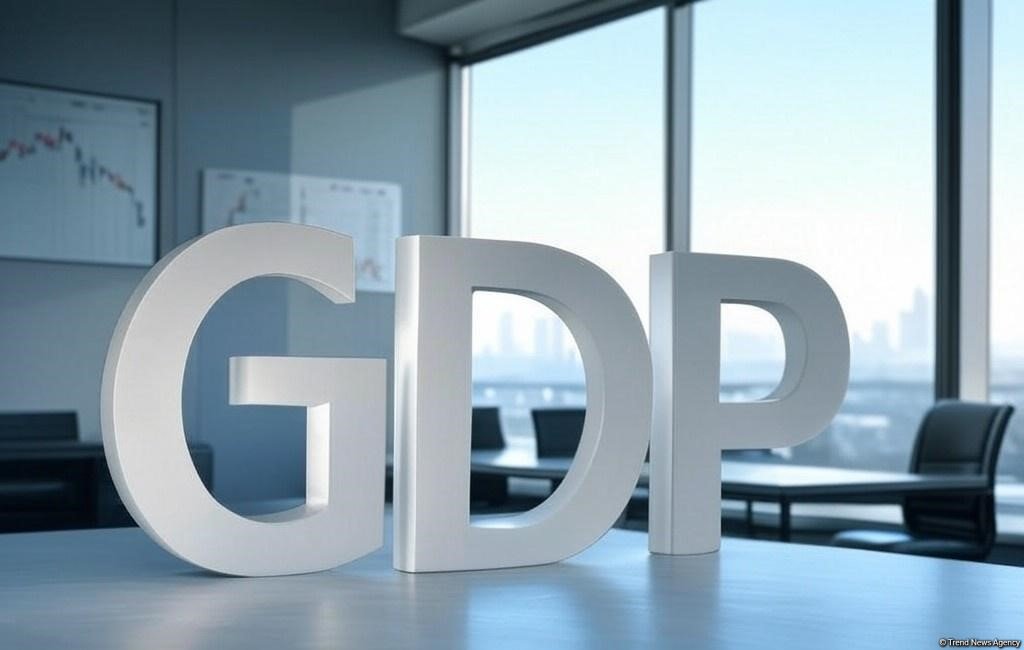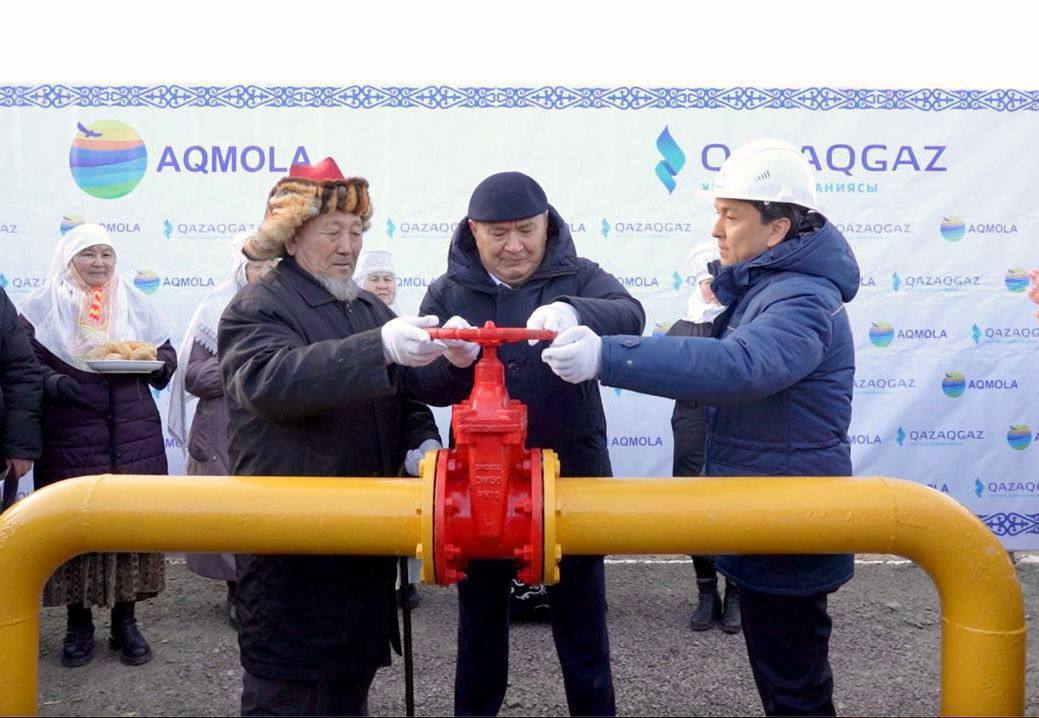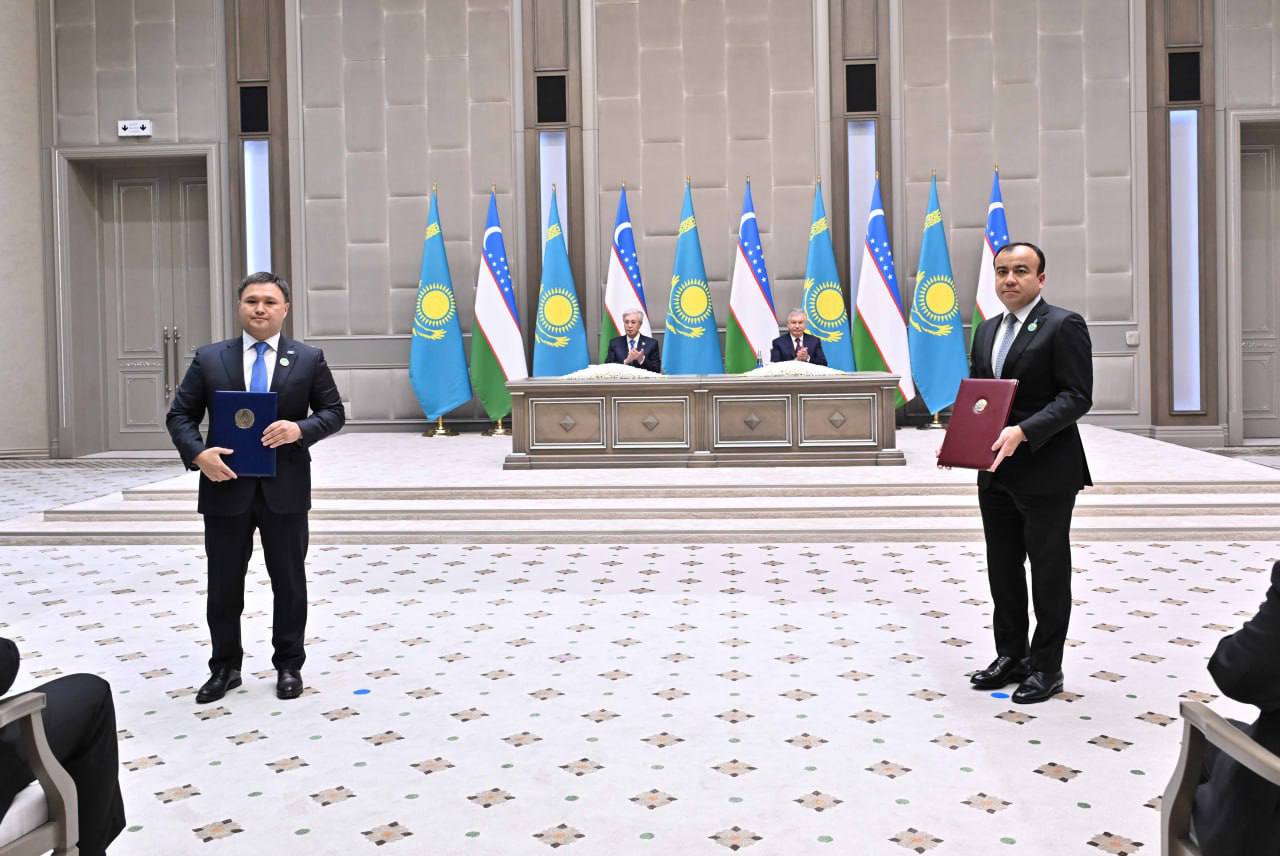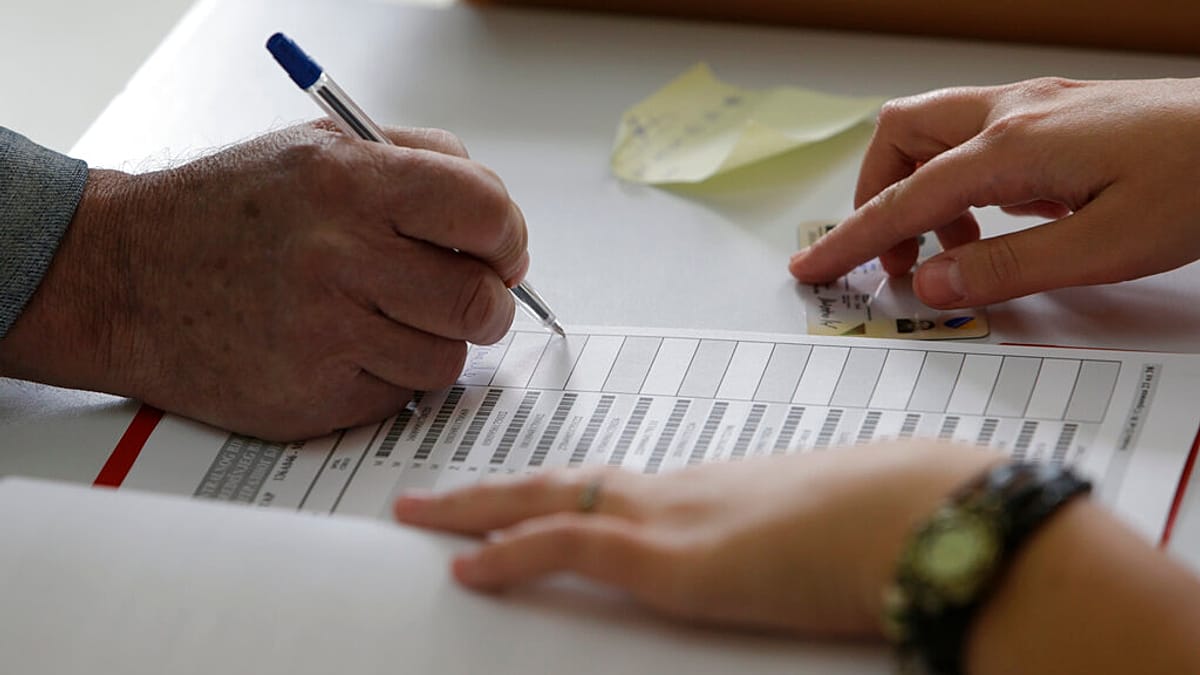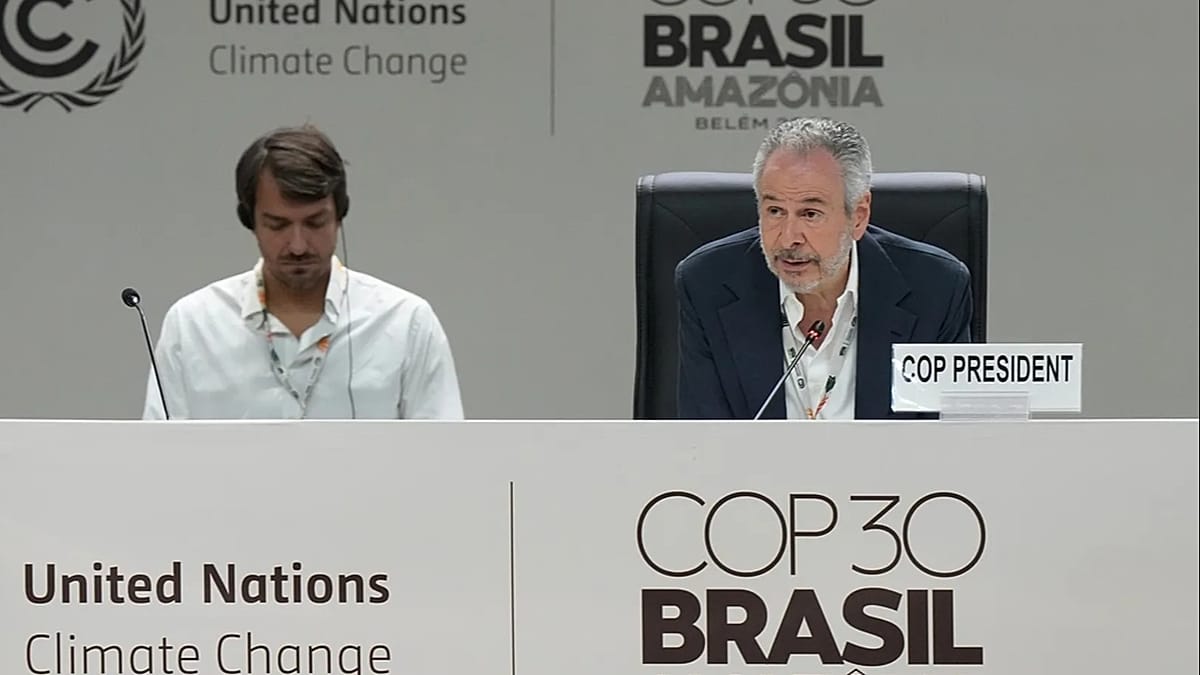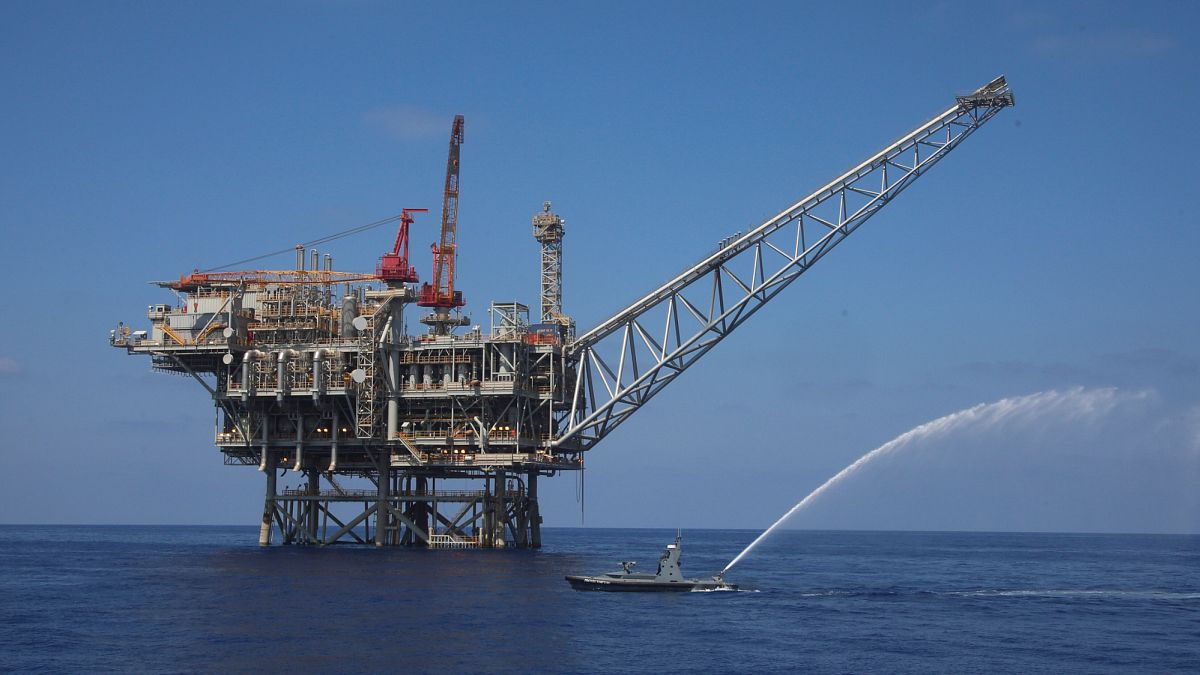EU finance ministers discussed budget plans and Austria’s deficit

Brussels/Luxembourg – The EU’s economic and finance ministers discussed the economic policy recommendations of the EU Commission and the budget plans of the EU countries at their meeting on Friday in Luxembourg. However, there was no decision yet regarding the deficit procedure announced by the EU Commission due to Austria’s high deficit. This is expected to be addressed at the meeting on July 8. Austria was represented on Friday by Finance Minister Markus Marterbauer (SPÖ).
Marterbauer emphasized before the council in front of journalists that there is a very unstable economic situation due to wars and trade disputes, which potentially endangers prosperity. In light of these uncertainties, he expressed that he is “very glad that Austria is a member of the EU.” This brings “stability in such times” and it is “very important to work closely with EU institutions.” Austria will have to do this in the expected deficit procedure.
Vienna in very good communication with Brussels
Even though no formal decision is pending, the Austrian budget will be a topic at today’s meeting, according to the finance minister. He emphasized that he is in very good communication with the EU Commission. The federal government plans to gradually reduce the deficit and is in good discussions. At the next ECOFIN Council, a deficit procedure will be initiated, “because the deficits were very high.” The fiscal structure plan presented in May in Brussels shows, “that we want to reduce these deficits quickly.”
“We have presented a fiscal structure plan that complies with European requirements,” said the SPÖ politician. It outlines reform plans and shows that public investments remain high even during the phase of reducing the deficit. He is therefore confident that the EU Commission will respond positively. The Commission is expected to publish its assessment of the domestic fiscal structure plan in Brussels next week. Austria had received a postponement for the submission in Brussels due to the formation of the government.
Deficit procedure not a “Sword of Damocles”
In response to a question about whether the deficit procedure is a “Sword of Damocles” over Austria, Marterbauer stated that the procedure “essentially means that we present a reduction plan to the Commission and continuously exchange information,” like the fiscal structure plan. He has already tried several times to clarify this in the Austrian Parliament. Nevertheless, some continue to speak of “supervision” on the political level, which “has nothing to do with reality.” He expressed great confidence that Austria will exit the deficit procedure as planned by the end of 2028. Before the ministers can finalize the deficit procedure, the EU Commission must still issue its formal recommendation. This is expected on June 25.
As in previous meetings, the council will again discuss the current state of the economic and financial impacts of the Russian war of aggression in Ukraine. The planned EU customs reform will also be discussed without resolutions. Plans include a new EU customs authority and an EU customs data platform. The Commission has also proposed raising the current threshold for the duty exemption of goods.
Marterbauer relies on customs negotiations
For Marterbauer, progress in the customs union is crucial: He emphasized the good work that the EU Commission is doing in the customs negotiations with the USA. That customs disputes significantly increase uncertainty is particularly harmful to the economy. A “stabilizing policy with clear plans” could counteract this, according to the finance minister. In the EU customs reform, it is important to him to “eliminate customs exemption limits as much as possible to curb the enormous influx of packages from China.” (20.06.2025)

